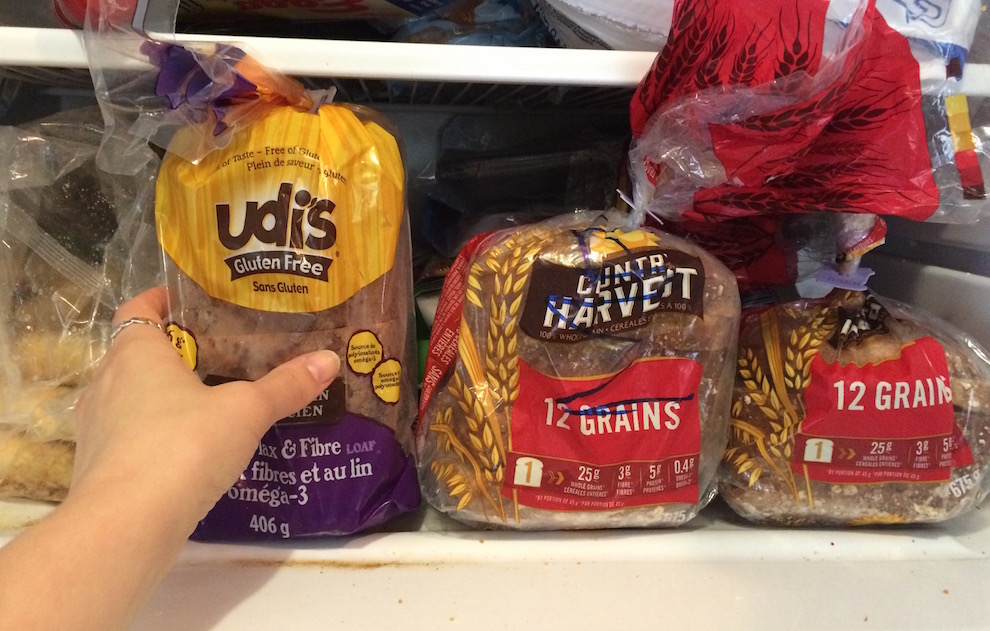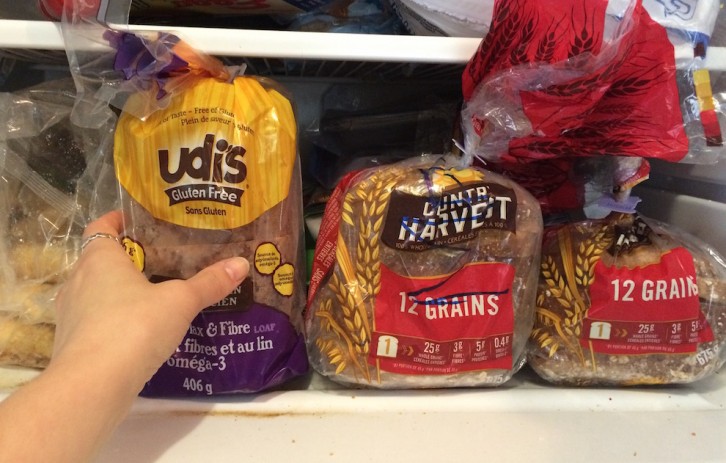Health
We are what we wheat: cases of celiac disease on the rise
There are more people suffering from celiac disease today than ever before, but the exact cause remains elusive

caption
Cases of celiac disease are on the rise in Canada, according to a Halifax doctor
caption
Cases of celiac disease are on the rise in Canada, according to a Halifax doctorAt the grocery store, a new flavour of chips catches your eye. You read the ingredients list: “malted barley flour” – can’t eat that. You go to a friend’s house for dinner and she’s made salmon with a soy sauce glaze – can’t eat that. As you’re making yourself breakfast, your roommate dips the knife from his toast into your peanut butter – can’t eat that.
These are just some of the everyday annoyances that people with celiac disease, the autoimmune disorder that is characterized by the body’s inability to digest the gluten protein, have to face. According to the Canadian Digestive Health Foundation, the disease affects 330,000 people across the country – a number a Halifax doctor says is on the rise.
“In our clinic over the previous years, the numbers have dramatically gone up. [Cases have increased] 20 times,” said Dr. Mohsin Rashid, pediatric gastroenterologist at the IWK and a professor of pediatrics and medicine at Dalhousie University. “That’s a true increase in the incidence of the disease. It’s not just that we are detecting more, but that the numbers have really gone up.” Related stories
Beyond the classic digestive symptoms of celiac disease — bloating, diarrhea, constipation and severe stomach pain — the disease can rear its ugly head in a number of ways. Children and teenagers can see it manifest in limited growth, an inability to gain weight and delayed puberty, said Rashid. In adults, osteoporosis, depression, anemia, infertility and some cancers can all make unwelcome appearances. Celiac disease can occur at any point in one’s life.
While a genetic predisposition must be present in order to develop celiac disease, the definitive cause remains a mystery, making for a myriad of theories and studies into its origin.
“The main reason is that these autoimmune-type diseases and allergic disorders, they are on the rise in general,” said Rashid. “Around the world there are more cases, so there must be some environmental factor at play.”
One theory suggests that if you have a close family member such as a parent or sibling with celiac disease, you are at increased risk of developing the disease yourself. Other hypotheses suggest that consuming genetically modified wheat, suffering from an early childhood infection, being born via cesarean section or having complex bacteria in your gut can increase the risk factor.
“The current blood test for celiac disease is fairly new and that has increased diagnosis because prior to that the only way to be diagnosed was by a small bowel biopsy and I don’t think that people really wanted to do that,” said Allan Stuart, president of the Canadian Celiac Association’s Nova Scotia chapter. “Diagnosis has improved, awareness is much higher, but I hesitate to comment on the rise [in number] of people that have celiac disease.”
Regardless of its cause, the only current treatment for celiac disease is the faithful following of a gluten-free diet. New technologies are under development to ease the humdrum experience that comes with eating gluten free bread, such as a pill made from the yolks of chicken eggs that is said to “neutralize” gluten before it can harm the small intestine of celiacs and the Nima sensor, whose creators assert that it can quickly test for small amounts of gluten in food.
Rashid says people shouldn’t start a gluten-free diet on their own because it can complicate their diagnosis.
“It doesn’t mean if you get better on a gluten free diet you really have celiac; it could be other things in your diet that you have taken out when you remove gluten,” said Rashid. “It’s a life-long restriction and it has to be done in a very strict way.”

